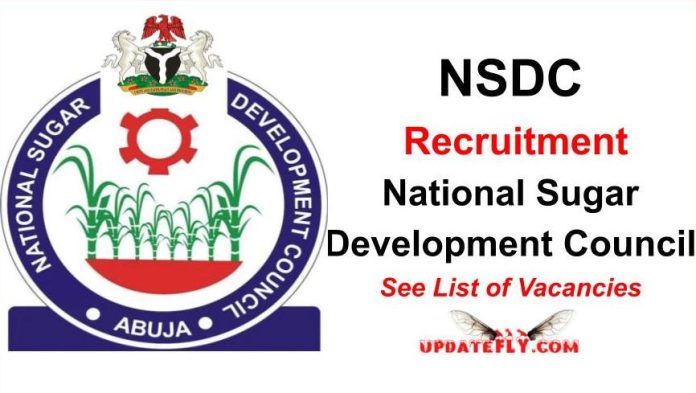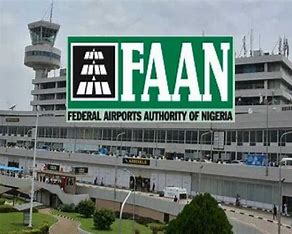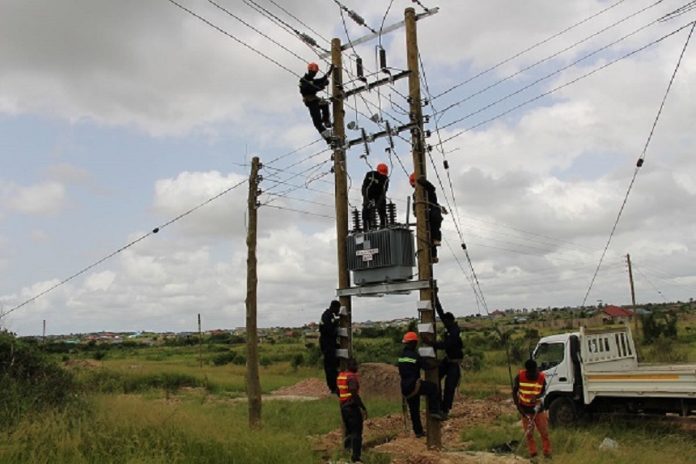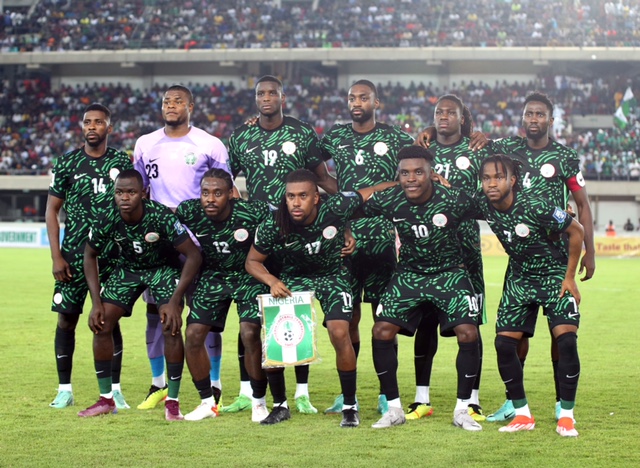…As India overtakes China as top supplier
By Yahaya Umar
Nigeria imported N117.4bn worth of motorcycles in Q1 2024, which was an increase of 204% from N38.6 billion in the same period of the previous year.
The increase was driven by naira depreciation as India emerged as Nigeria’s top supplier, accounting for 63% of the imports.
Despite the naira depreciation, which increased the cost of imports, the demand for motorcycles remained high due to their utility in both regular business and illicit activities.
Data from the National Bureau of Statistics reveal Nigeria recorded N117.4bn as import cost for motorcycles in the first quarter of 2024
The figure represents a 204% increase from the N38.6bn recorded in the same period in 2023, reflecting the depreciation of the Naira.
The data is contained in the latest foreign trade statistics report of the National Bureau of Statistics ,NBS.
Nigerians rely heavily on commercial motorcycles for intra-city transportation and commuting despite several bans across the country by state governments largely due to insecurity perpetuated through motorcycles.
According to the data, motorcycle imports ranked 10th on Nigeria’s import list down from 9th a year earlier. This is despite attracting a higher import bill in the period under consideration.
However, this product made up 0.93% of the total import value in Q1 2024, up from 0.69% recorded in the same period of the previous year.
The impact of exchange rate depreciation on the rise in the Naira’s import bill is also a crucial factor that cannot be eliminated. For example, in the first quarter of 2023, the average exchange rate from naira to dollar was N461/$1.
However, by the end of March 2024, the official exchange rate had depreciated to N1,309/$1 representing a 64% depreciation in one year.
In dollar terms, motorcycle import was $83.73 million in Q1 2023 at the exchange rate of N461/$1 while it was $89.69 million by Q1 2024 at the exchange rate of N1,309/$1.
This means that the import value this year is marginally less when compared to that of last year in dollar terms.
As the naira weakens against other currencies, the cost of imported goods, including motorcycles, rises. Importers must spend more naira to purchase the same quantity of goods priced in foreign currencies.
This leads to a higher Naira value for imports even if the volume remains unchanged or less.
The data from NBS indicates that India has established itself as Nigeria’s top import trader for motorcycles in Q1 2024.
The import value from India was N73.59 billion, which was 63% of the total motorcycle imports in that period.
This figure is almost double that of China, the second-highest import partner, which recorded an import value of N40.18 billion.
When comparing this data with previous periods, the growth in imports from India becomes even more striking. In Q1 2023, Nigeria imported N24.12 billion worth of motorcycles from India, a value substantially lower than in Q1 2024, representing a 205% increase over a year.
In contrast, China’s import values, though also increasing, did not see as dramatic a rise as India’s. In Q1 2023, Nigeria imported N13.64 billion worth of motorcycles from China. By Q1 2024, this figure had risen by 195%, making China the second top import trading partner for motorcycles.
Examining the data from Q4 2023 provides additional context to the fluctuating dynamics of Nigeria’s motorcycle import market. During this period, Italy recorded the highest import value at N105.88 billion, followed by China at N93.01 billion.
India, with an import value of N51. 83 billion, was behind both Italy and China. This indicates that Q4 2023 saw a temporary peak in imports from Italy, which did not carry forward into Q1 2024.
Despite the variability in import sources and values, it is clear that India has emerged as the dominant player in Q1 2024.
The data also reveals that other countries like Indonesia and Japan play minor roles in Nigeria’s motorcycle import market, with significantly lower import values. Indonesia recorded N3.64 billion, and Japan had N22.49 million in Q1 2024.
In 2022, the federal government considered banning the use of motorcycles and mining activities following the terrorist attacks on the Kuje correctional facility on July 5 as well as others recorded nationwide.
The former Attorney-General of the Federation, Abubakar Malami, revealed that the use of motorcycles allowed the terrorists to move around funds sourced from mining and channelled to purchase arms.
Also, states like Lagos, Anambra and Zamfara as well as the Federal Capital Territory ,FCT, have banned the use of motorcycles in certain areas.
Amid the bans in 2022, there was a decline of 35.92% in motorcycle imports into Nigeria in Q2 2022.
However, motorcycle imports have recovered from this decline, as the demand for this product is maintained.
Aside from those who drive motorcycles as a means of business, the rise in insecurity, particularly the demand for motorcycles by kidnappers who use them for their illicit activities in northern Nigeria, might have contributed to the steady import despite the higher cost due to naira devaluation.
For instance, in March 2024, bandits who abducted 16 residents of the Gonin Gora area of Kaduna metropolis demanded N40 trillion, 11 Hilux vans and 150 brand new motorcycles for the release of the victims.
Motorcycles offer a swift and flexible mode of transportation in remote and rural areas, making them an attractive choice for criminal activities.










